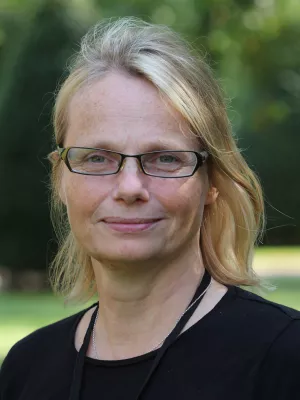
Sara Brogaard
Senior Lecturer

Scaling up social capital - A prerequisite for community based adaptation in the Lake Victoria basin?
Author
Summary, in English
The capacity of communities to reduce negative impacts of climate change on their lives and livelihoods is a function of socio-economic conditions, infrastructure, government accountability and institutional responsiveness and not the least social capital. Africa’s most densely populated region, the Lake Victoria basin (LVB), home to over 30 million people, is one example of a likely future climate change hotspot where the low inherent adaptive capacity of the rural population can be traced to the combination of low asset stock of natural, physical, financial and human capitals, and institutions poor or even non-existing in responding to high climate vulnerability. This leaves social capital as one key asset to invest in. Based on empirical data from Nyanza, Kenya and Mara, Tanzania, using a multi-stakeholder approach, this paper will examine the importance and possibilities of bridging and linking social capital within and between actors in the LVB to initiate and facilitate community based adaptation.
Department/s
- LUCSUS (Lund University Centre for Sustainability Studies)
Publishing year
2010
Language
English
Document type
Conference paper: abstract
Topic
- Social Sciences Interdisciplinary
Conference name
Pathways to sustainability, STEPS conference
Conference date
2010-10-23 - 2010-10-23
Conference place
Sussex, United Kingdom
Status
Published